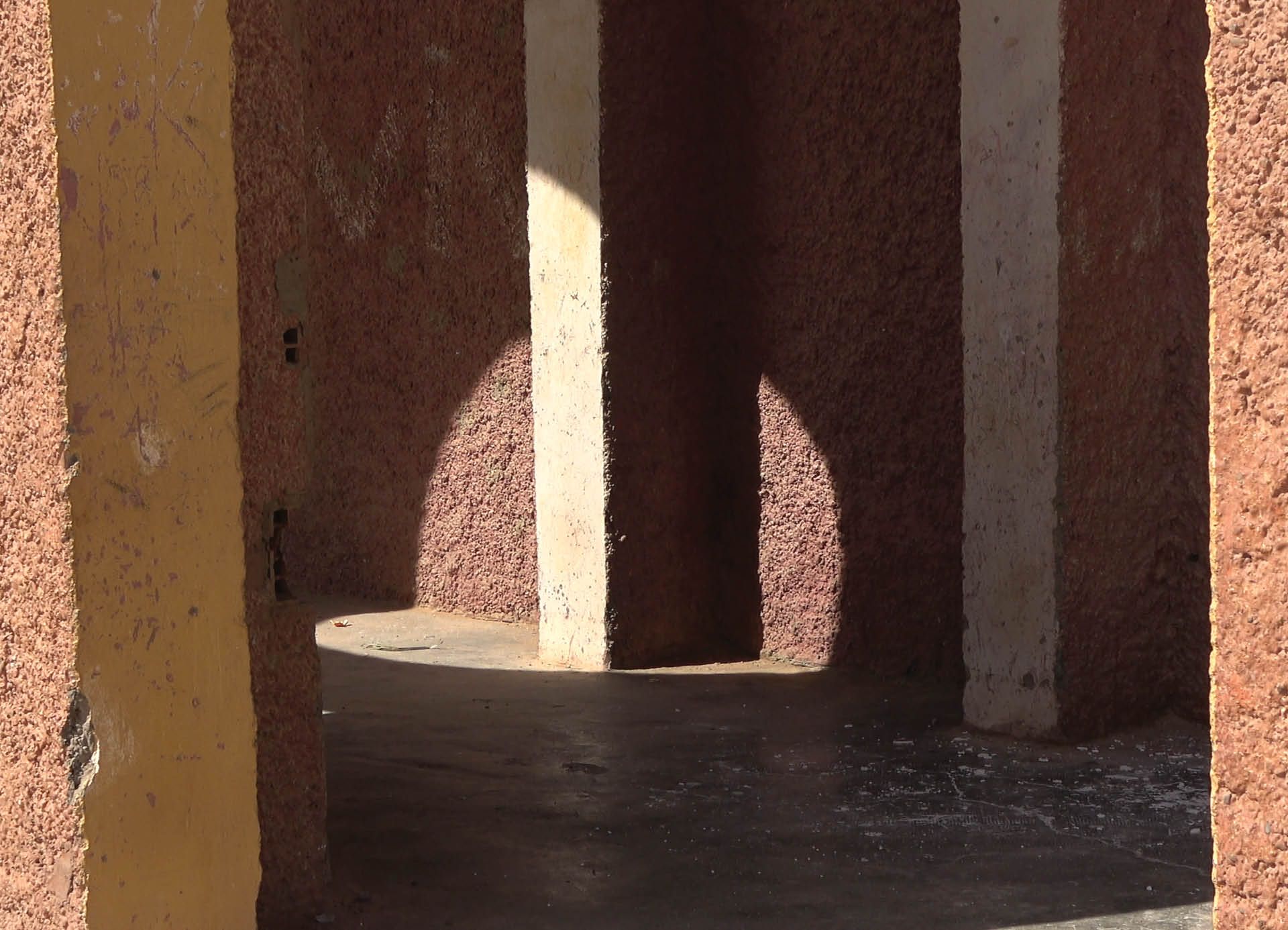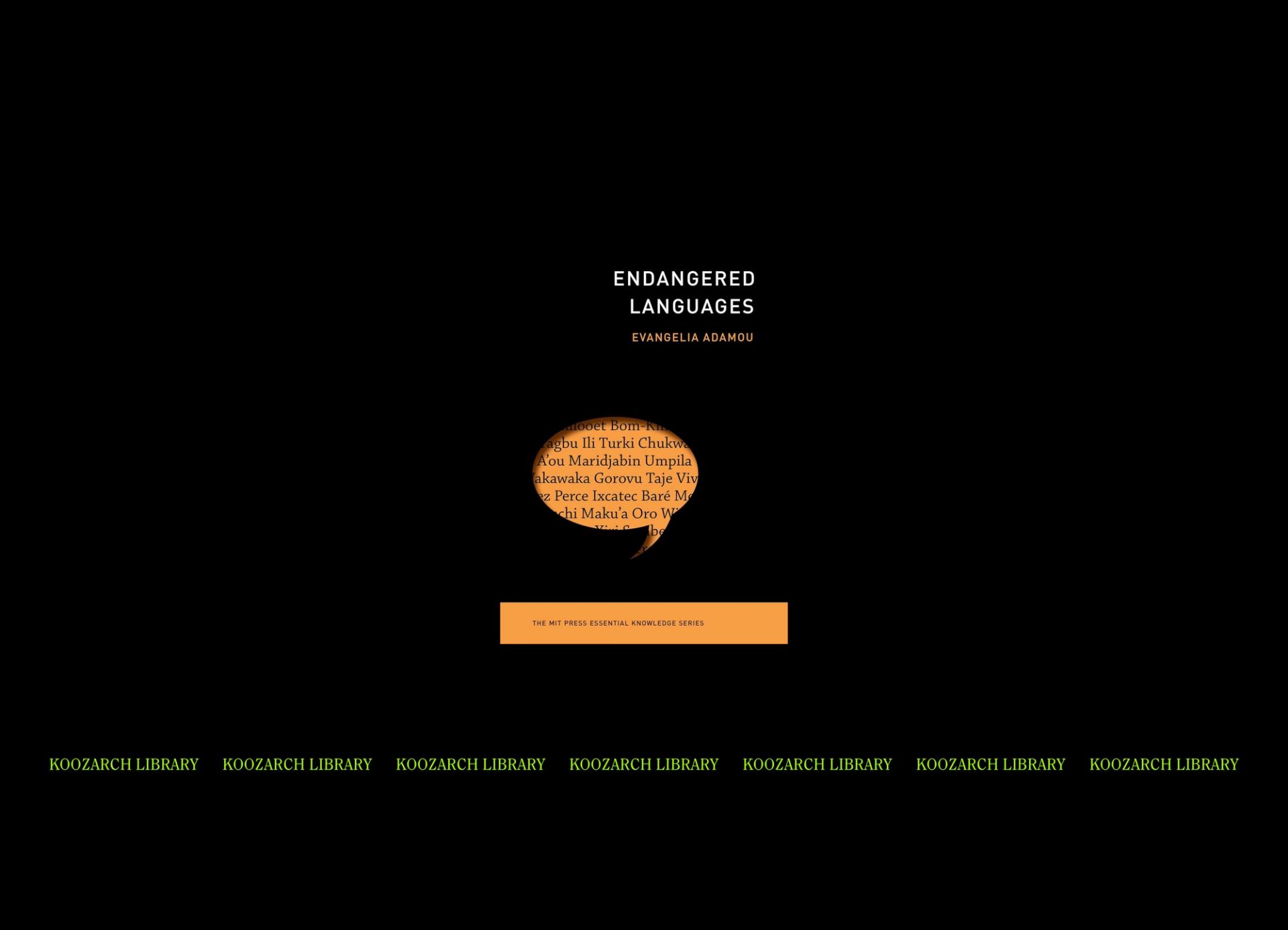Although the history of modern design pedagogy focuses on problematic European schools and elitist American institutions, Puerto Rico offers an emancipating model that has been mostly overlooked. At the same time that the celebrated Bauhaus, under the direction of Walter Gropius, kept women away from the main disciplines of architecture, sculpture, and painting, in the factories of Puerto Rico a radical model of education was developed with much less fanfare.1

Loudreaders main page, www.loudreaders.com
While initially performed exclusively by men, this practice of education was eventually led by Luisa Capetillo, a feminist anarcho-syndicalist arrested for wearing pants in public.2 In addition to writing fiction depicting feminist and workers’ utopias, Capetillo extended the practice of mutual aid and loudreading in the tobacco factories, through the operation of a boarding house and a restaurant. As an act of worker’s solidarity, Capetillo would rent rooms of her apartment to fellow workers, for whom she would also serve delicious vegetarian meals, at no cost when they didn’t have money to pay.3
Although the history of modern design pedagogy focuses on problematic European schools and elitist American institutions, Puerto Rico offers an emancipating model that has been mostly overlooked.
The practice of loudreading was simple. While tobacco workers engage in the alienating labor of rolling cigars, they would hire one of their own to read aloud for them during the entire work-day. As the practice of loud-reading grew, the lectores (loud-readers) will become travelling performers with an international audience, creating new networks of solidarity all around the Caribbean as well as a massive, shared, and open access oral library to workers who were denied any other form of formal education. With readings that featured Darwin, Bakunin, Kropotkin, Marx, and Engels, the literature that the lectores read for the workers shared an anti-capitalist, decolonial imagination.4 The tobacco workers turned the mind-numbing characteristics of their repetitive, manual, and boring work of rolling cigars into an advantage, using the same space and tools of their capitalist exploitation to create an anti-capitalist underground culture.5
As the practice of loud-reading grew, the lectores will become travelling performers with an international audience, creating new networks of solidarity all around the Caribbean.
At first glance, the practice of the lectores could seem ironic: exploited workers at the bottom of the capitalist global machine produce tobacco, a highly addictive substance that generates more demand the more it is consumed, schooling themselves in an anti-capitalist culture of liberation through revolutionary books (anarchists, feminists, communists) read aloud while working for the same machine they are criticizing.6 In the perspective of the modern cynic, the lectores seem to be secretly working from the tobacco corporations serving the purpose of making the workplace more bearable, selling the illusion of an anti-capitalist society in order to make their capitalist machine more efficient and their exploitation inescapable. The lectores, in this cynical depiction, in a Huxleyean twist would be oiling the machine of exploitation by selling a drug that would keep the workers hallucinating better worlds while being endlessly exploited in this one.

Luisa Capetillo loudreading.
However, this was not the case. Luisa Capetillo and feminist, activist, and suffragist Juana Colón (the self-taught daughter of slaves) led a series of massive workers strikes in the tobacco factories, first in the municipality of Comerío, and then around the main island causing multiple arrests and deaths of protestors at the hands of the police.7 Parallel to the practice of loudreading, other forms of solidary efforts executed by Capetillo, Colón, and other leaders like Dominica González, Concepción (Concha) Torres, Genara Pagán, and Franca Armin challenged the mainstream male-driven workers organization with feminist voices. These practices include comisiones (consisting of collecting money and provisions for the striking workers) and attending mítines, raising their voices during the tribunas to challenge the arguments being made by male speakers, as well as creating a network of support and providing food and clean clothing for workers imprisoned during the strikes.8 Loudreading motivated networks of solidarity across the continent and fuelled general strikes demanding access to a dignified life.9

Tobacco fields in Puerto Rico.
Laborers were not alone as the lectores masterfully combined suffragist movements, labor rights, feminist discourses, and anti-colonial fights dating back to the abolition of slavery (1873) and the U.S. invasion and occupation of Puerto Rico (1898) as part of the Spanish-American War. For most, the incapacity to read became a bonding trait among workers unveiling decolonial pedagogies through collectivity and solidarity. The spaces of oppression and capitalist exploitation were transformed into architectures of subversion. A continuous landscape of social unrest expanded across mountains and valleys, plantations, and warehouses, in the sugar mills of Guánica Central, Aguirre Central, and Fajardo Sugar, the coffee plantations in Yauco, and under the cheese cloth of tobacco plantations and factories across Cayey, Comerío, Puerta de tierra, Gurabo, and Aibonito. Through loudreading, organizing, and other strategies of mutual aid, Luisa Capetillo sought to establish networks of solidarity that united oppressed communities and workers across the continent since, as she stated “tyranny, like liberty, has no country; neither do exploiters nor workers."10
In its search for alternative forms of diffusion, this practice of decolonial pedagogy grows international networks like vines over the garden of ideology.
In its search for alternative forms of diffusion, this practice of decolonial pedagogy grows international networks like vines over the garden of ideology, extending a series of subversive fruits that can be traced back to the Cuba of 1864, then to the Puerto Rican landscapes occupied by the American Tobacco Company, to the rest of the Americas, blossoming into what some historians call the most enlightened proletariat force in the continent during the twentieth century.
As the lectores continued to employ strategies of subversion, the tobacco companies were to ban, illegalize, and persecute the loud-readers as the anarchist syndicates kept growing and organizing for better working conditions.

Loudreaders planetary.
LOUDREADERS Trade School
The pedagogical paradigm of the lectores offers an alternative to problematic canonical avant-garde institutions like the Bauhaus (with its gender biases), and the settler-colonial legacies of Universities whose tainted land endowments and land-grants demand their consideration as models for critical and emancipatory pedagogies.11
Instead, since 2020 LOUDREADERS has become an online and on-site network of intellectual solidarity in response to the further alienation brought in by the global pandemic of COVID-19. As the platform expands, LOUDREADERS plants roots in the Caribbean (and the planet) as a growing experiment for free and accessible education about critical spatial practices at the intersection of society and ecology.
Part of this text can be read in The Routledge Companion to Architectural Pedagogies of the Global South (Routledge, 2023).
Read the whole "A Loudreaders Guide to the Post-Colonial Method" column by WAI Architecture Think Tank.
Bio
WAI Architecture Think Tank is a planetary studio questioning the political, historical, and material legacy and imperatives of architecture and urbanism. Founded in Brussels in 2008 by Puerto Rican architect, artist, curator, educator, author and theorist Cruz Garcia and French architect, artist, curator, educator, author and poet Nathalie Frankowski, WAI is one several platforms of public engagement that include Beijing-based anti-profit art space Intelligentsia Gallery, and the free and alternative education platform and trade-school LOUDREADERS. Garcia and Frankowski are Associate Professors at Iowa State University, faculty at Columbia University, and have held visiting professorships at University of Illinois Urbana-Champaign, Virginia Polytechnic Institute and State University, Carnegie Mellon University, University of Nebraska-Lincoln, The School of Architecture at Taliesin. Their work has been part of the inaugural Chicago Architecture Biennial and exhibitions at the Museum of Modern Art New York, Neues Museum in Nuremberg, and the Museum of Art, Architecture, and Technology Lisbon.They are authors of Narrative Architecture: A Kynical Manifesto, Pure Hardcore Icons: A Manifesto on Pure Form in Architecture, A Manual of Anti-Racist Architecture Education, and the upcoming book Universal Principles of Architecture.
Notes
1 Espegel, Carmen. 2018. Women Architects in the Modern Movement. Translated by Angela Giral. New York and London: Routledge.
2 Spiegel, Taru. 2019. “Luisa Capetillo: Puerto Rican Changemaker.” Library of Congress, November 18, 2019. [link]
3 Valle Ferrer, Norma. 2004. Luisa Capetillo, Pioneer Puerto Rican feminist. New York: Peter Lang. 54.
4 Tinajero, Araceli. 2007. “Luisa Capetillo: Lectora en Puerto Rico, Tampa y Nueva York”. In El Lector de tabaquería: Historia de una tradición cubana. Madrid: Editorial Verbum. 169–180.
5 Post-Novis. 2019. “The Tobacco Intergalactic School, Introduction to the Syllabus ‘The Tobacco Intergalactic School (Postnovis Branch in the Americas),’” February 1, 2019–February 1, 2031. In Post-Novis Manifesto. [link]
6 Post-Novis. 2019. “The Tobacco Intergalactic School, Introduction to the Syllabus ‘The Tobacco Intergalactic School (Postnovis Branch in the Americas),’” February 1, 2019–February 1, 2031. In Post-Novis Manifesto. [link]
7 For more on Juana Colón, see the scholarship of Bianca M. Medina Báez, Wilson Torres-Rosario, and Aurora Levins Morales.
8 Meléndez-Badillo, Jorell A. 2015.“Imagining Resistance: Organizing the Puerto Rican Southern Agricultural Strike of 1905.” In Caribbean Studies, vol. 43, no. 2 (July–December 2015): 53.
9 In 1918 Capetillo and Domingo Santos Cruz, directed the activities of the agricultural workers' strike in the eastern part Puerto Rico, drawing over 30,000 workers.
10 Meléndez-Badillo, Jorell A. 2015.“Imagining Resistance: Organizing the Puerto Rican Southern Agricultural Strike of 1905.” In Caribbean Studies, vol. 43, no. 2 (July–December 2015): 55.
11 la paperson explains the relationship between settler practices and the creation of land-grab universities across the United States. la paperson. 2017. “Land: And the University Is Settler Colonial.” A Third University Is Possible. Minneapolis: University of Minnesota Press. [link]. For more on how the Morrill Act turned Indigenous land into college endowments see Frank Joyce, “The Settler Colonialism Project,” Counter Punch, (April 24, 2020), [link]





